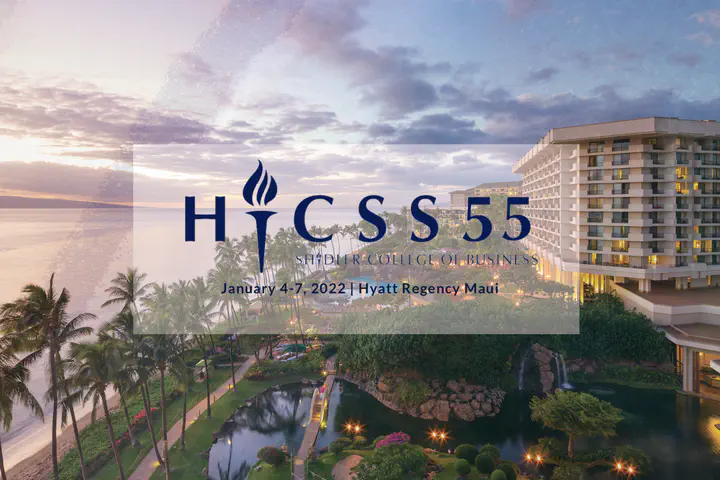Fairness in Algorithmic Decision Making mini-track @HICSS-55
 Image credit: Unsplash
Image credit: UnsplashAbstract
The minitrack addresses topics related to imposing fairness requirements and conditions in algorithmic decision making. With the introduction of regulations such as GDPR and California algorithms used for automatization of human decision-making in areas such as classification, recommendation, ranking, are subject to non discriminatory behavior.
The 55th Hawaii International Conference on System Sciences Mini-track on Fairness in Algorithmic Decision Making
It is a pleasure to invite you to the mini-track that Boris Delibašić and I organize.
Description
The minitrack addresses topics related to imposing fairness requirements and conditions in algorithmic decision making. With the introduction of regulations such as GDPR and California algorithms used for automatization of human decision-making in areas such as classification, recommendation, ranking, are subject to non discriminatory behavior.
Although algorithms are not a recent invention, they are being increasingly used in many systems to support business decision making. Such systems often rely on a large amount of data to extract knowledge for more informed decisions. Even with human intervention, the impact of the decision on people can be significant, such as access to education, employment, medical treatment etc. However, allowing algorithmic decision making tools to make or influence decisions raises ethical, legal, and technical issues. If these issues are neglected, benefits of such systems will result in discrimination, unfair practices, manipulations etc. To address and mitigate these issues one needs to design and create a mechanism or technique to achieve algorithmic fairness. Fairness can be introduced in algorithmic decision making prior to algorithm learning or application (pre-processing), during the decision making model learning (in-processing), or prior to model application (post-processing). Besides this, one must observe short-term and long-term effects of algorithm interventions and design fair decision making mechanisms.
Papers
The mini-track consists of three papers:
- Instance-dependent cost-sensitive learning: do we really need it?
- Fair CRISP-DM: Embedding Fairness in Machine Learning (ML) Development Life Cycle, and
- Achieving MAX-MIN Fair Cross-efficiency scores in Data Envelopment Analysis
We hope you’ll enjoy the mini-track and the conference as well!